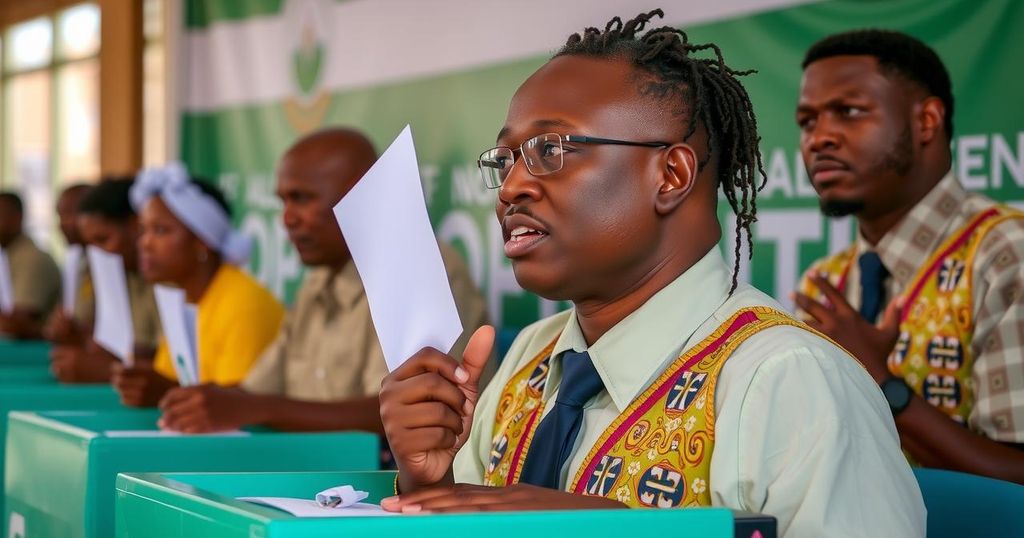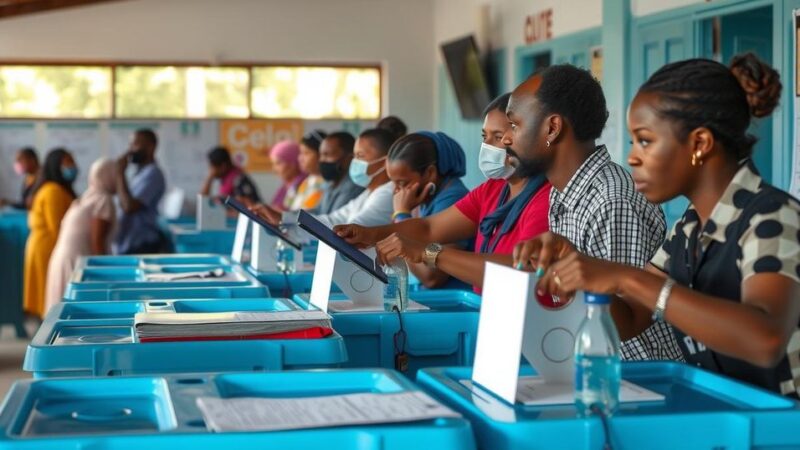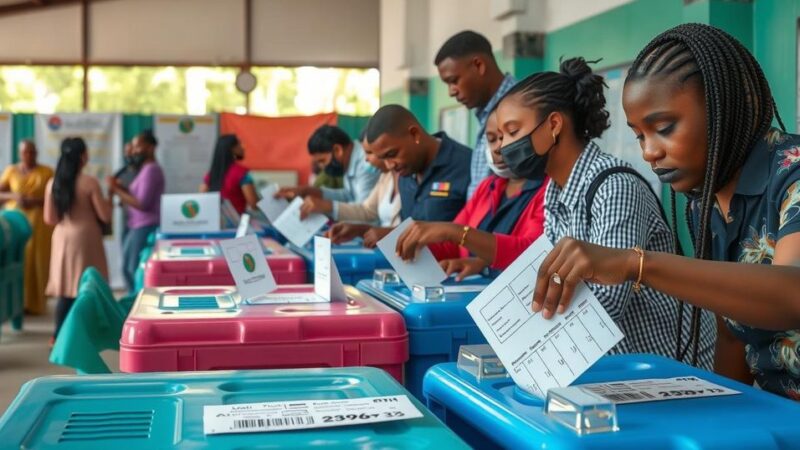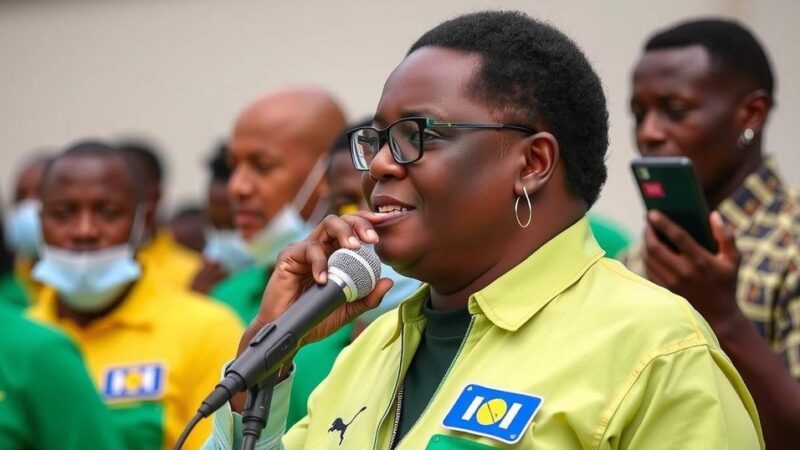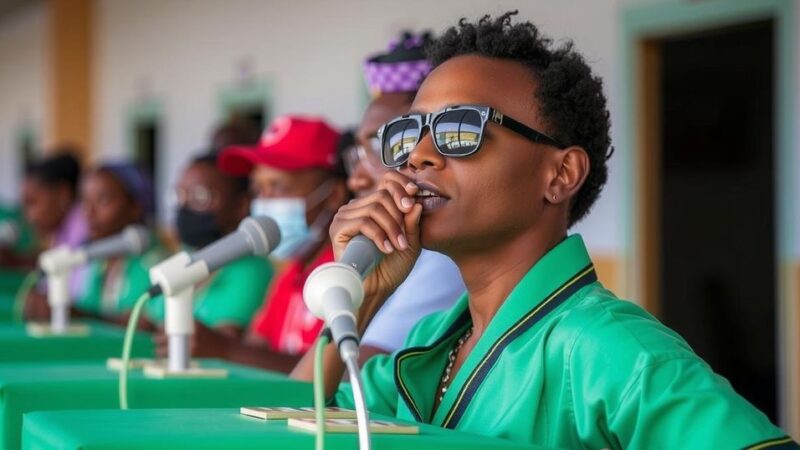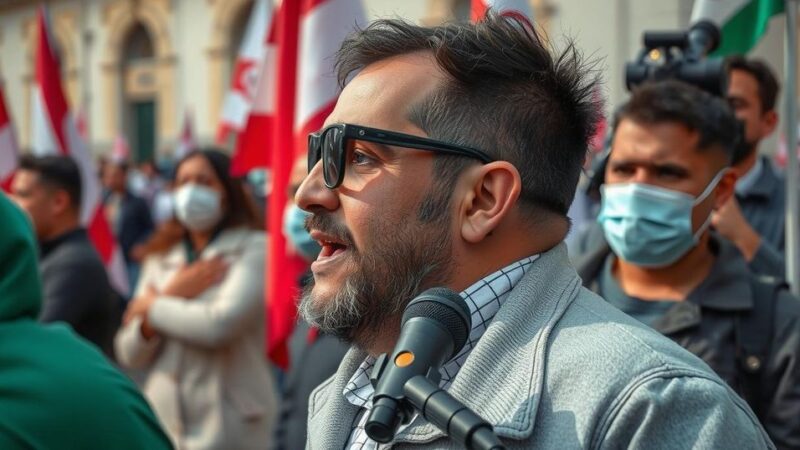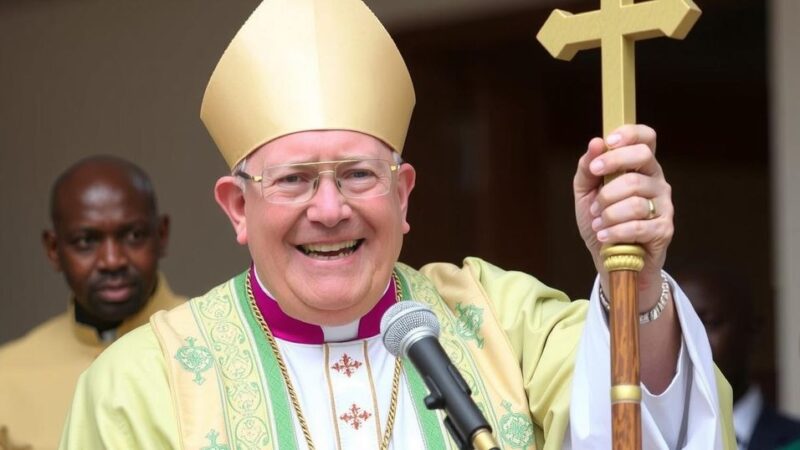Gabon reported that 91.8% of voters approved a new constitution in a referendum, with a turnout of 53.54%. The changes limit presidential terms to two seven-year periods and disqualify former leader Ali Bongo Ondimba from future candidacies. Transitional President Brice Oligui Nguema welcomed the endorsement while addressing concerns over the junta’s influence and intentions for a civilian transition by 2025.
Gabon has reported preliminary results indicating that its new constitution has received substantial voter support in a recently held referendum. According to the Committee for the Transition and Restoration of Institutions (CTRI), a noteworthy 91.8 percent of participants endorsed the proposed constitutional changes. Amidst campaigns urging citizen participation, approximately 860,000 registered voters were called to cast their ballots, with a turnout of 53.54 percent recorded. The reforms provide for a presidency with a limit of two consecutive seven-year terms and eliminate the role of prime minister, aiming to curtail any dynastic succession.
The military junta, which took power following a coup in August of the previous year, asserted that the referendum represents significant progress. Notably, the new constitutional provisions specify that presidential candidates must be exclusively Gabonese and require at least one Gabonese parent, disqualifying former ruler Ali Bongo Ondimba and his progeny. Early reports indicate that the election process was devoid of serious incidents, although the environment has been dominated by government propaganda supporting a “yes” vote. Various observers remain cautious, with concerns about the potential for autocratic governance, given the junta’s influence over the electoral context.
In response to the unfolding situation, transitional president Brice Oligui Nguema expressed optimism for a transition back to civilian rule within the anticipated two-year timeframe but has expressed his own aspirations for the 2025 presidential election. Local sentiments reflected a mix of trust in the junta and skepticism regarding its long-term commitments to democratic governance. Voter expectation remains high for the procedures’ integrity, particularly after international observers were invited but did not attend the previous election.
The political landscape in Gabon has seen significant upheaval following the military coup that led to the ousting of former President Ali Bongo Ondimba. The coup has generated discussions around governance, constitutionalism, and the potential implications for democracy in the nation. The new constitution emerges as a central issue in this context, aiming to reshape the executive framework by imposing term limits and defining eligibility criteria for presidential candidates. The backdrop includes long-standing concerns over corruption and governance quality during Bongo’s administration, which raised skepticism among the electorate about the junta’s intentions and governance philosophy.
The preliminary results from Gabon’s constitutional referendum reflect substantial public backing for the proposed changes, indicating a potential shift in the country’s governance structure. However, concerns about the junta’s authority and possible autocratic tendencies persist. The outcome of this referendum will play a crucial role in shaping Gabon’s political future, particularly as it transitions towards holding civilian elections scheduled for 2025. Observers will be closely monitoring the final results and subsequent actions by the transitional government to gauge the commitment to democracy and good governance.
Original Source: www.tiogapublishing.com

